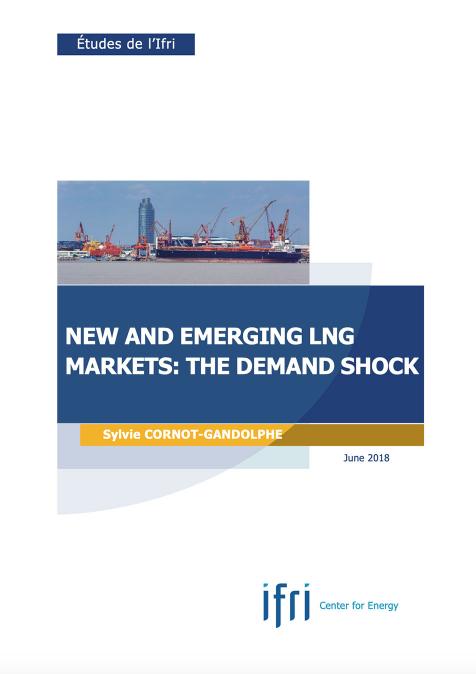Publications /
Policy Brief
Policy Brief
Matières premières et politiques d’intégration aval: les enjeux d’une stratégie complexe
April 21, 2015
De nombreux pays producteurs de matières premières se sont, depuis plusieurs années déjà, engagés dans une stratégie industrielle d’intégration aval de leur filière afin, notamment, de capter une plus grande part de la valeur ajoutée issue de la transformation de leurs ressources. Pour pertinente qu’elle soit, cette politique ambitieuse n’est pas toujours aisée à mettre en œuvre et de nombreux facteurs doivent être maîtrisés pour que celle-ci puisse aboutir. Si les aspects technologiques, industriels et logistiques sont de toute évidence essentiels, les questions financières, qu’il s’agisse de financement ou de risk management, ne doivent pas être sous-estimées.










